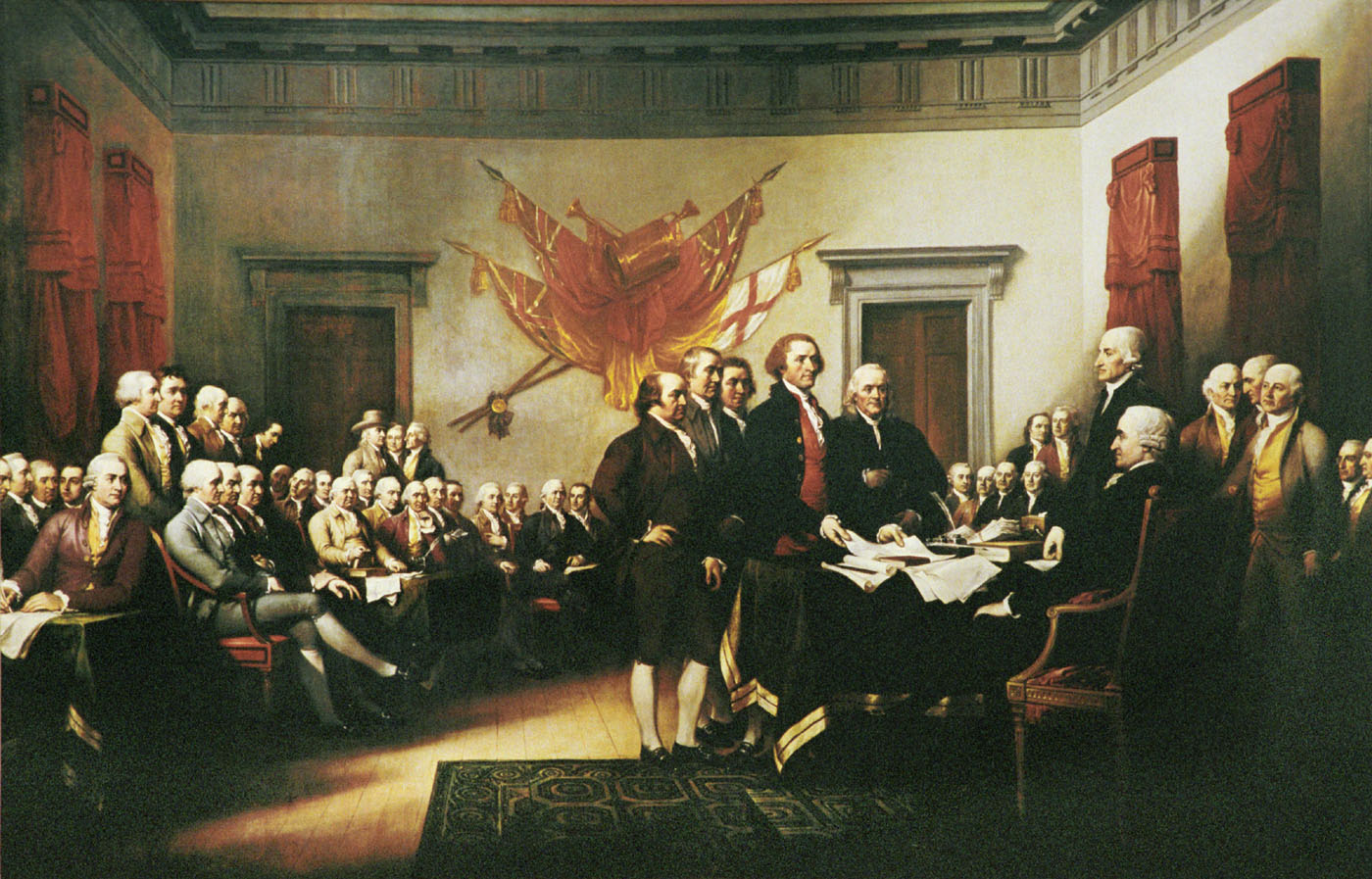
I'm afraid to write this because it might cut into my credibility, but the internet is a "safe" place to write, so here goes.
I am a surgeon, and I also ride a motorcycle. I have ridden off and on for forty years! I rode for a while while I lived in Cleveland, Ohio, but it was too cold, and the children were too young, and it wasn't very safe in a big city. So I sold the bike (a 1969 Triumph tiger) and quit for about 20 years.
In my early 40's I picked up the bug again, and bought a Yahama Virago, and living in North Carolina then, I decided to ride the length of the Blue Ridge Parkway. If you have never ridden on this road it is a must. Probably one of the most beautiful roads in the United States.
Well, I practiced, took the Motorcycle Safety Foundation course on safety, and took a 10 day vacation and took the trip. It was beautiful. I stayed with friends along the way, and had a ball. I had intended to sell the bike after the trip, but I didn't and that was over 20 years ago. Since then, I have been up to Ohio to the Vintage Motorcycle Days meeting, ridden across the USA twice, and traveled up the northeast part of the country besides taken numerous smaller trips of a few days in the surrounding vicinity. Finally, I took a once in a lifetime 10 day trip over to Europe and traveled through the alps. It just never left my blood, and I still yearn for more travels.

But why do I do this, and for that matter, what can it possibly have to do with surgery? More that most of you folks that do not ride a motorcycle can imagine.
To get right to the point, motorcycling is like surgery because you have to know what you are doing or you get your butt in a jam. You have to know the rules, be careful, and watch our for unexpected circumstances. The major difference is that when you ride a motorcycle, you get a full sense of freedom and a deep appreciation of the nature of your surroundings.
It hurts me to go to a state (like Arizona) where there are no helmet laws, and see riders biking without a helmet. That makes me immediately think they do not understand the depth of the risk. They are being foolish as far as I can see. When I see someone drinking alcohol, and biking, I get the same feeling. I guess that's why they are not surgeons. There are more effective ways to demonstrate the idea of individual freedom. Our heads are fragile at 25mph, and it's just not worth it.
Because I do what I do, I feel at home on a bike. The best part is that even though I am in familiar surroundings, I can get the additional benefit of the feeling of freedom. I don't get that in the operating room.
So when you ride, I would advise you to ride safe. Wear good clothing, helmets, and shoes, and enjoy the experience. I have enjoyed it for years, and hopefully can continue to enjoy it for many more.
James P. Weaver, M.D., FACS

